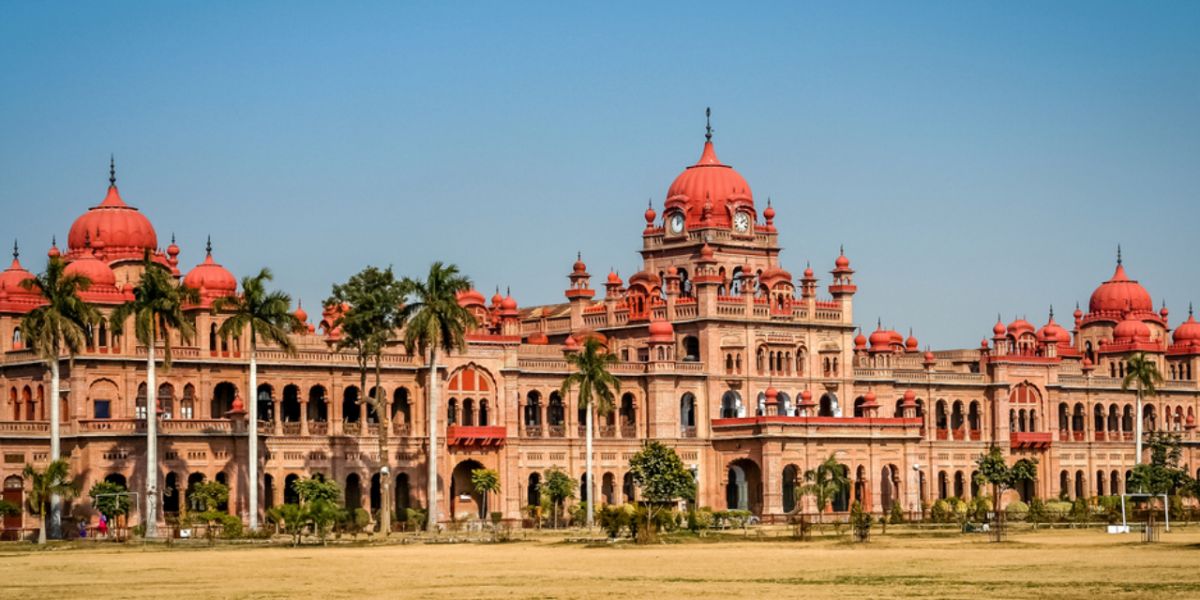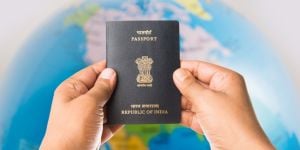
India has been a centre of learning for decades, with some of the prestigious universities offering quality education to millions of students. Indian educational institutions are popular with international students for several reasons, such as quality of the education, a low fee structure andv scholarship programs available.
India's higher education system
The higher education system in India mainly consists of public universities, with some private universities supported by different bodies and societies. Apart from these, there are also institutions that are granted permission to autonomously award degrees.
The Indian higher education sector has broadened considerably over the years. As of 2019, India had more than 900 universities and 40,000 colleges. Among these 49 are central universities, 367 state universities, 123 deemed universities and 282 private universities. There are also several national and regional institutions offering different courses.
Most of these educational centres are based in major cities such as New Delhi, Kolkata, Bangalore and Mumbai. There are some smaller cities are also home to big universities. Delhi and Uttar Pradesh host most of the Central universities.
Indian universities generally provide study programs that are similar to those provided in Europe. Degree courses have a three years duration (four years in the case of engineering courses) and Masters courses have a two years duration. To obtain a Doctorate (PhD), you will need three additional years of studies.
Good to know:
All courses are taught in English.
Entry requirements to Indian universities
In order to be eligible for enrollment in an Indian university, you will have to comply with a series of requirements. These requirements may vary from one university to another, but there is a standard rule that applies to all universities; you must be the holder of a baccalaureate, that is a higher school certificate. Generally, the school term runs either from July or August, so depending on the chosen university, you have to start the process well in advance.
Applying to university in India
The very first step that you need to take is to choose from the list of universities which you wish to get enrolled in. You can do the selection after you have done some research about the different universities, their courses, fee structure, lodging and boarding facility etc..
Once you decide on a particular university, you will need to begin the application process. For this, you will have to send an application file directly to the university. You can do this either online or by post. However, this application must be sent along with the following documents:
- a duly filled application form;
- your secondary studies result slips, as well as your baccalaureate or higher school certificate;
- result slips in the case of any first diploma or degree if you are enrolling for a Masters;
- a cover letter indicating why you have chosen the university and a specific study program; and
- your resume (written in English and detailing your academic and professional skill).
Foreign students can also enrol directly through the Direct Admission for Students Abroad (DASA) website which has been specially designed for them by the Indian government. This website also allows you to enrol for an Undergraduate program which will be regulated by the National Technology Institute and other organizations.
Fees
University fees applied to foreign students are generally higher than those applied to local students, although study programs are the same. There are different fees structure for different courses that include both undergraduate programs and postgraduate programs, and these are likely to change every year.
It is important to note that the fees you pay will also depend on when you have commenced your course. If you commence your course in or after 2017, your tuition fees will be calculated based on the course and the number of units you enrol in.
Student visa in India
Once your application has been accepted, you will have to apply for a student visa to be allowed to study in India. The student visa is given to bona fide students who plan to pursue regular studies in recognised universities in India.
You can apply for the respective visa online through Indian Visa Online website.
You will be required to produce the following documents:
- your passport (which has to be valid for at least six months following your arrival date in India and throughout your whole stay)
- an admission letter issued by the university where you have enrolled (which you should receive within a month following application in case you have been accepted)
- proof of sufficient funds to support yourself during your stay in the country, except if you have already landed a job and you are able to prove it
- a health certificate proving that you are not suffering from any communicable disease (including HIV, otherwise you will not be authorized into the country).
Other documents may also be requested according to your nationality.
A student visa is a multiple entry visa that is valid for the period of study approved by the educational institute.
In case of delayed admission confirmation (due to some valid reasons), a provisional visa may be issued to the applicant on the basis of provisional admission certificate/letter of offer issued by the respective institution of India. The provisional visa is valid for 6 months. If admission is not confirmed during this period, you will have to leave the country.
Scholarships in India
The Government of India offers a number of scholarships every year to international students who wish to pursue their studies in India. The offer of scholarships is sent to the respective Governments through Indian diplomatic missions abroad. Nominations are then received from the respective Governments in the Indian diplomatic missions concerned. The information on such scholarships and schemes can be obtained from the Indian missions abroad.
There are some countries, like Belgium, Canada, Spain, Russia, Germany, that have an agreement with India regarding scholarships. The Cultural Exchange Program is one such agreement that allows nationals of these countries to receive a scholarship from India. You can have more information on the Indian Council for Cultural Relations website.
Useful links:
Ministry of Development and Human Resources - Higher Education Department
4ICU - Briefs on Indian universities
We do our best to provide accurate and up to date information. However, if you have noticed any inaccuracies in this article, please let us know in the comments section below.








